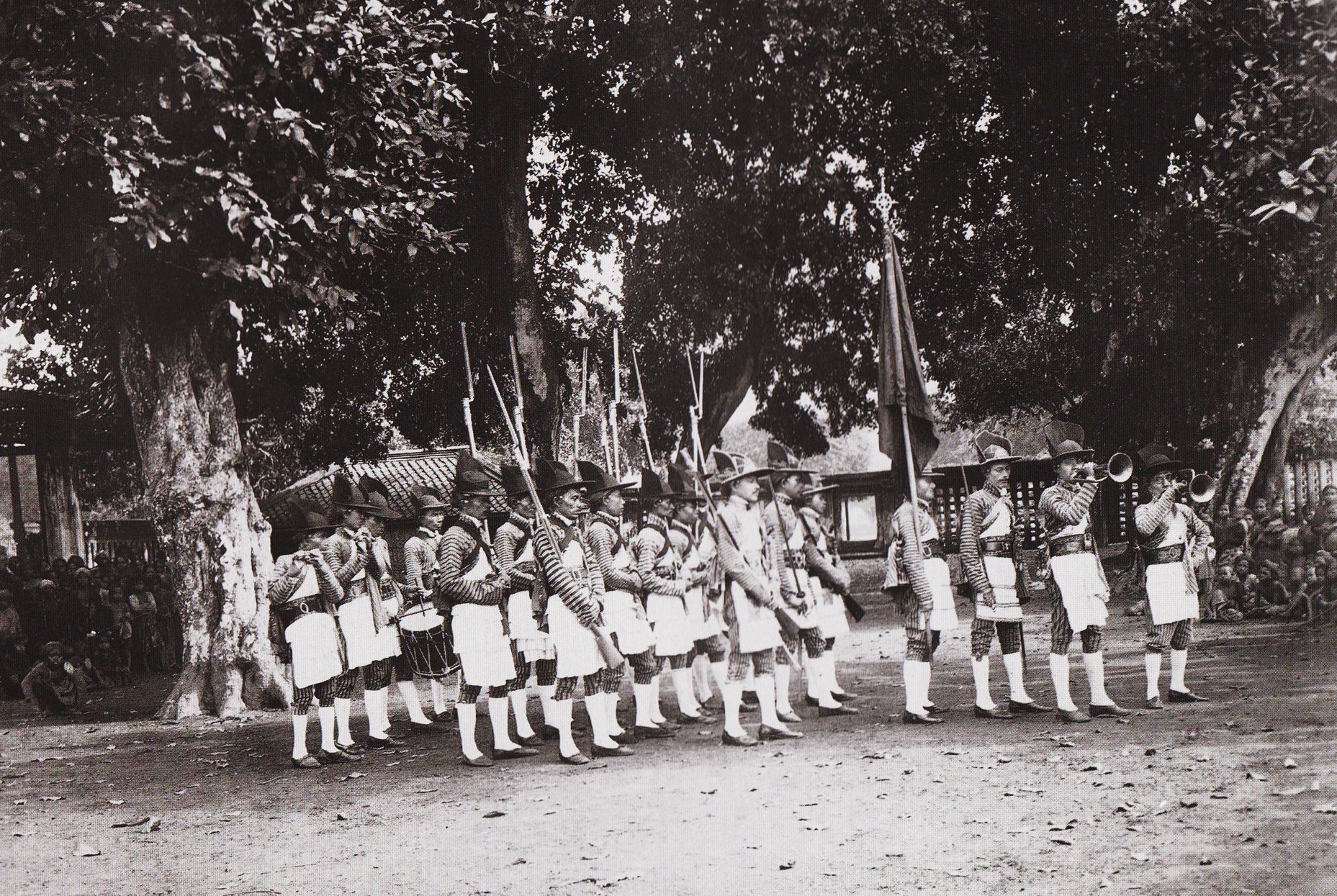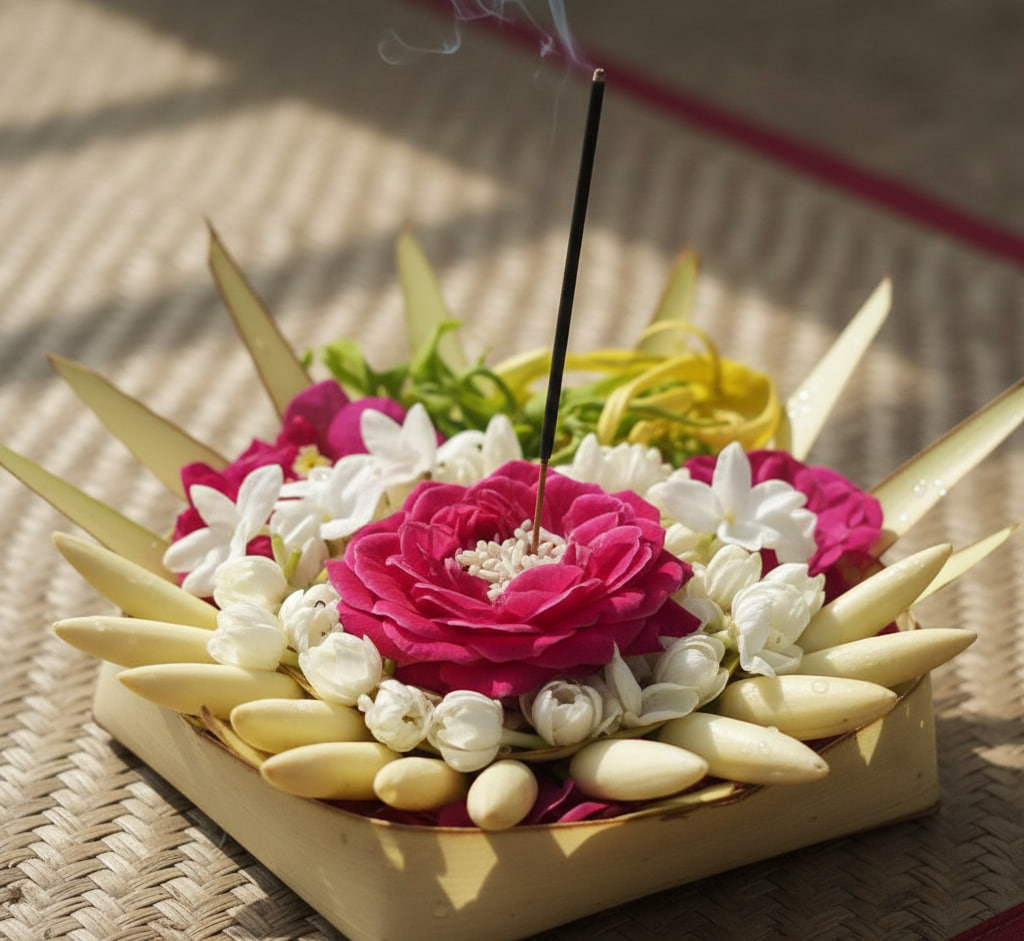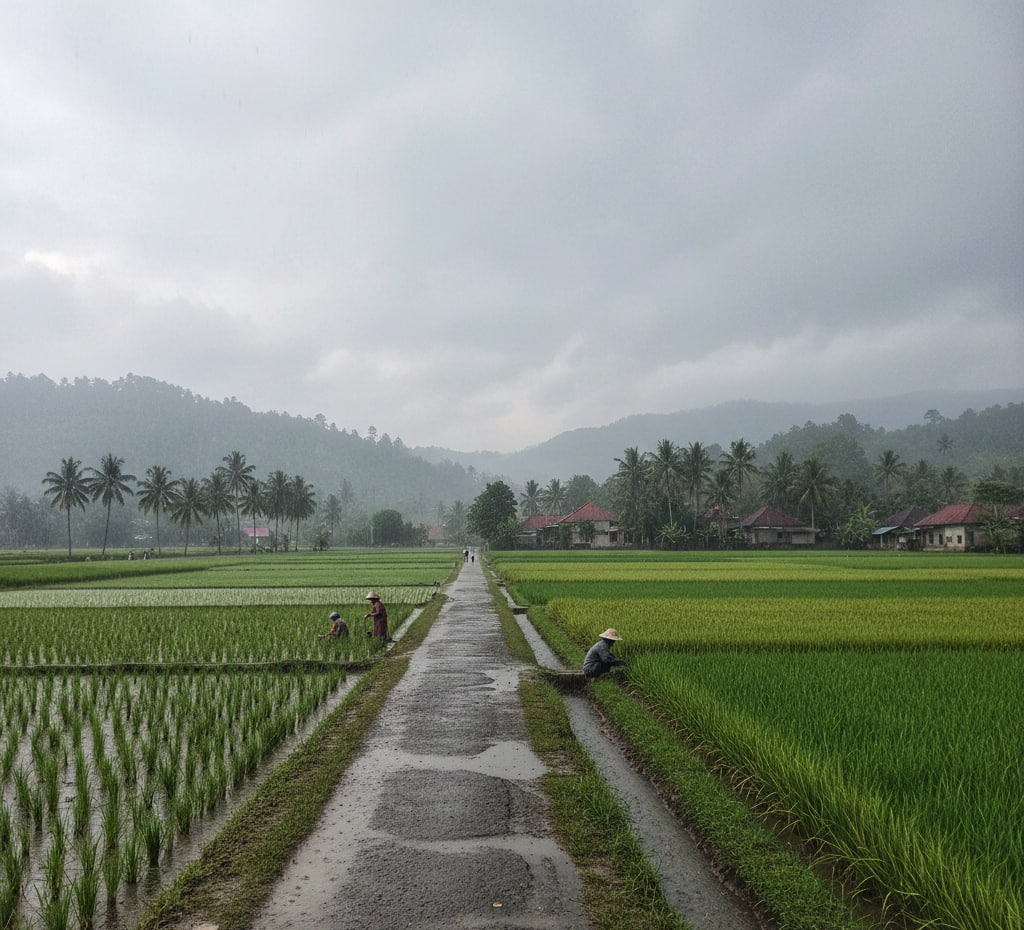News
The Origin Of Selasa Wagen
"Selasa Wagen" is a unique tradition that has deep roots in the culture of the Yogyakarta community. Not only is it an event for preserving art and culture, Selasa Wagen now also plays an important role as a forum for empowering the local community's economy. The celebration, which is held every Selasa Wagen in the Javanese calendar, is always filled with various arts and cultural activities, as well as a bazaar that supports the growth of micro, small, and medium enterprises (MSMEs).
This activity is not just an ordinary tradition, but also part of the cultural heritage that continues to be maintained and developed by the people of Yogyakarta. The following is an explanation of the history and development of Selasa Wagen, as well as how this tradition has become a symbol of collaboration between art, culture, and the economy.
The Origins of Selasa Wagen
Selasa Wagen originates from a Javanese tradition that is closely related to the Javanese calendar. The Javanese calendar uses a market system consisting of five days, namely Legi, Pahing, Pon, Wage, and Kliwon. Selasa Wagen itself is Tuesday that falls on the Wage market. In Javanese belief, "Selasa Wagen" is considered special and is often chosen as a time to hold various cultural activities. During the Yogyakarta Sultanate, the "Selasa Wagen" tradition began to be known as a special momentum to display traditional arts. This event is held to celebrate the harvest, honor ancestors, or simply gather together in a family atmosphere. Various arts such as dance, gamelan music, wayang, and folk theater are the main offerings in the celebration.
The Development of Selasa Wagen in the Modern Era
Over time, Selasa Wagen has developed from a traditional event into an organized cultural event. In the modern era, this event has received full support from the Yogyakarta Special Region Cultural Service. This tradition was then integrated with the cultural village preservation program, so that more and more villages in Yogyakarta were involved.
Selasa Wagen is also part of a larger cultural preservation effort, especially after the Yogyakarta Philosophy Axis was inaugurated as a world heritage by UNESCO on September 24, 2023. In commemoration of the first anniversary of this recognition on September 24, 2024, Selasa Wagen performed specially by combining elements of art, culture, and economy on one stage.
The Meaning and Uniqueness of Selasa Wagen
Selasa Wagen has a deep meaning for the people of Yogyakarta. This event is not just entertainment, but is also full of noble values, such as:
1. Preservation of Traditional Arts
Every performance in Selasa Wagen depicts the richness of local culture, such as traditional dance, gamelan, and theater. These performances are not only entertaining, but also become an educational medium for the community to understand more deeply about their cultural identity.
2. Strengthening Local Communities
By involving villages from various regions in Yogyakarta, Selasa Wagen becomes a space for collaboration between arts and culture communities.
3. Economic Empowerment
This event is also enlivened by an MSME bazaar that displays local specialty products, from handicrafts to traditional culinary delights. This supports the economic growth of the local community.
Positive Impact of Selasa Wagen
The existence of Selasa Wagen has a significant positive impact on the community. This event opens up great opportunities for artists to perform on a wider stage and provides opportunities for MSMEs to expand their market. By continuing to be held routinely, Selasa Wagen is expected to become an event for more cultural villages to participate, while also drawing public attention to the importance of preserving local culture.



